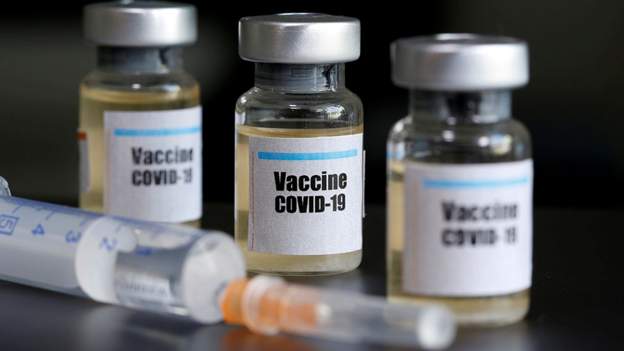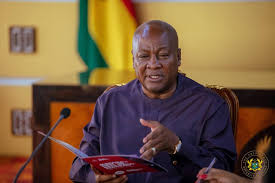By Jones Anlimah
Ghana is at a crucial point in its public health journey, one where science, policy, and public trust must intersect. With the establishment of the National Vaccine Institute (NVI), the country is not just building laboratories; it is building sovereignty over its health destiny. Yet, experts say this dream will only thrive if citizens believe in the vaccines they are offered and that belief must be earned through transparent and responsible communication.
That was the key message at a national webinar on “Strengthening Vaccine Reporting in Ghana”, jointly organized by the National Vaccine Institute and the African Media and Malaria Research Network (AMMREN). The meeting brought together scientists, policymakers, and journalists to discuss one shared mission: restoring and sustaining public confidence in vaccines.
Dr. Sodzi Sodzi-Tettey, Acting Chief Executive Officer of the National Vaccine Institute, called on journalists to go beyond event reporting and become advocates for truth and trust in public health. “A vaccine can only save lives when people understand, trust, and accept it. That is where the media plays a crucial role,” he urged.
He revealed that Ghana’s vaccine independence agenda, anchored by the National Vaccine Institute Act (Act 1097), is gaining ground. According to him three major interventions are shaping this progress:
- Technology Transfer with PT Bio Farma (Indonesia): In partnership with the Food and Drugs Authority (FDA) and Atlantic Lifesciences, Ghana is preparing to locally produce Tetanus-Diphtheria vaccines by 2026.
- Government’s Advanced Market Commitment (AMC): President John Dramani Mahama has pledged $50 million in additional seed funding to support local manufacturing, ensuring that locally made vaccines are prioritized in procurement.
- Finalization of NVI’s Legislative Instrument (LI): A final stakeholder meeting on November 6 will lay the legal groundwork for the Institute’s operational independence and sustainable financing.

Dr. Sodzi-Tettey reminded the media that Ghana’s vaccine story is not just scientific but a story of national resilience and dignity.
“During the COVID-19 pandemic, misinformation spread faster than the virus itself. Accurate reporting is not just journalism it is national service,” he emphasized.
From an advocacy lens, the message is clear: media silence is not neutrality. In a world flooded with misinformation, journalists have a moral duty to counter fear with facts and ensure that policy promises translate into equitable health access.
Backing this call, Dr. Charity Binka, Executive Secretary of the African Media and Malaria Research Network (AMMREN), challenged journalists to treat vaccine communication as a civic mission. “The media can be relied on as trusted voices and educators in pushing the vaccine agenda. Journalists translate scientific data into human stories and help dispel myths that endanger lives,” she said.
Dr. Binka warned that misinformation remains a serious public health threat, citing the HPV vaccine hesitancy observed in parts of Ghana as a wake-up call. She announced the formation of a National Vaccine Media Network, a collaboration between AMMREN, GHS, WHO Ghana, and other partners as a proactive step to equip journalists with the right tools to tell vaccine stories with accuracy, empathy, and accountability.
Dr. Franklin Asiedu-Bekoe, Director of Public Health at the Ghana Health Service, reinforced the importance of this media-health alliance. He noted that while Ghana’s health system continues to reform, the battle for public trust is ongoing and journalists must be part of that front line.
The conversation around vaccines, therefore, is not just about doses and data. It is about the right to truth, access, and dignity in healthcare. Every accurate report, every verified fact, and every myth debunked moves the country closer to self-reliance and safety.
“Together with the media, we can build a future where health information empowers, vaccines protect, and every citizen lives a healthy, dignified life,” Dr. Sodzi-Tettey affirmed.
As Ghana moves toward vaccine self-sufficiency, advocacy journalism will determine whether the science reaches the people and whether trust turns policy into protection.
The National Vaccine Institute (NVI), established under Act 1097, is mandated to coordinate research, development, and production of vaccines in Ghana. Its success depends not only on science and policy but also on sustained public trust, a trust built, in large part, by ethical, evidence-based journalism.





